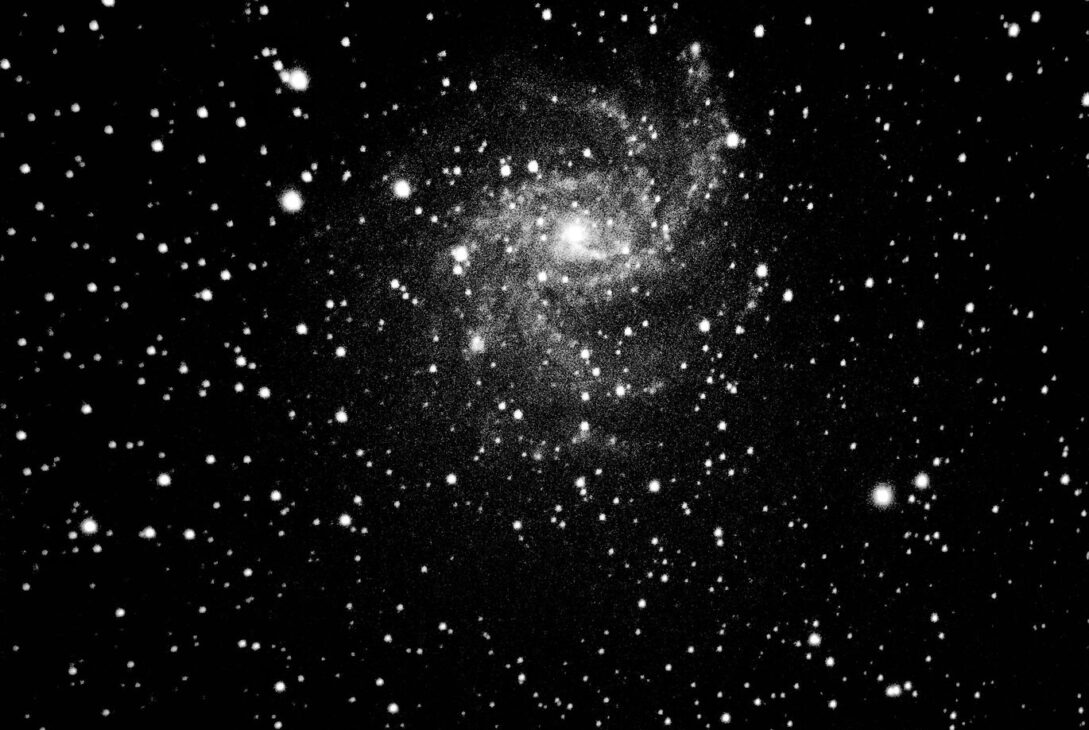For many years, black holes have captivated both the general public and scientists. The enormous gravitational pull of these enigmatic cosmic giants is so powerful that nothing can escape, not even light. Beyond their status as cosmic vacuum cleaners, however, black holes also pose a challenge to our knowledge of space and time. Would they be able to bend time sufficiently to allow us to see into the past? Science fiction has always included the idea of time travel, but according to current physics, black holes may be the secret to making this dream come true.
How Time Is Distorted by Black Holes
We now see space and time differently thanks to Albert Einstein’s general relativity theory. Einstein claimed that large things cause spacetime to bend around them. Spacetime is severely warped by black holes, which are among the densest and largest objects in the universe. Time slows down as one approaches a black hole due to a phenomena called gravitational time dilation.
Time would move much more slowly for an astronaut orbiting a gigantic black hole at a safe distance than it would for someone far from its gravitational pull. This is comparable to how the reduced gravitational field on the ISS causes astronauts to age a little more slowly than humans on Earth. This impact is greatly amplified in the case of black holes, though.
Could a Black Hole Allow Us to See the Past?
Black holes’ capacity to bend light and twist time is the basis for the theory that they could enable us to look into the past. The idea that light can be bent around a black hole in a way that would theoretically enable us to view past events is one of relativity’s most intriguing predictions. Gravitational lensing is the phenomenon that causes this.
Gravitational lensing occurs when light from behind a huge object, such as a black hole, is bent. As light travels longer routes through distorted space before reaching us, if this effect is strong enough, it may enable us to perceive visions of the past. This might offer a “window” into history, enabling us to observe past cosmic events as their light is bent and delayed on its path, even though it wouldn’t be time travel in the conventional sense—where someone physically travels to the past.
Wormhole Theory: Black Holes as Celestial Entrances
Wormholes, which are fictitious tubes across spacetime that might connect far-flung locations in the cosmos, are thought by some scientists to be related to black holes. Theoretically, wormholes could offer a shortcut for traversing enormous cosmic distances or even back in time, if they exist.
Time would move at different speeds on either side of a wormhole if one end of it suffered from high gravitational time dilation while the other end did not. This implies that a person who enters one end of the wormhole might, in theory, come out at a different moment. However, this concept faces a number of significant obstacles:
Stability: If there are wormholes, they are expected to be extremely unstable and would burst before anything could get through.
Exotic Matter: Although it has never been seen in nature, a form of negative-energy “exotic matter” might theoretically keep a wormhole open.
Paradoxes: The renowned “grandfather paradox,” in which a person may change the past and produce logical contradictions, would arise if time travel via a wormhole were feasible.
A One-Way Journey Into a Black Hole
You would be destined to descend into the singularity, the endlessly dense center where all known rules of physics break down, if you were to cross a black hole’s event horizon, or point of no return. Time would seem to slow down in comparison to the outside world, but you wouldn’t be able to express what you see. When approaching the event horizon, you would appear to freeze in time from the viewpoint of an outside observer, but in actuality, you would be drawn into oblivion.
Accordingly, even while black holes severely distort time, they do not provide a workable means of time travel, unlike what we might think of in science fiction.
Could Time Travel Through Black Holes Be Unlocked by Future Technology?
According to some scientists, we may learn new things about how black holes interact with time if we ever fully comprehend quantum gravity, the theory that combines general relativity and quantum mechanics. Because it includes physics that we cannot yet verify, our knowledge of what occurs inside a black hole is currently restricted.
One of the more fascinating theories is that black holes’ ability to distort spacetime may be related in some way to quantum entanglement, the phenomenon where two particles instantly become coupled regardless of distance. If entanglement could be controlled, it might provide new means of communication over great cosmic distances or even between separate points in time.
In conclusion, is the Black Hole Time Machine a work of fiction or science?
Although black holes undoubtedly cause substantial time distortion, they do not provide a workable technique to travel back in time. Their capacity to slow down time and bend light, however, may enable us to view historical events in ways we never would have imagined. Although the concept of employing black holes as time portals is still purely theoretical, as our knowledge of spacetime and quantum physics advances, we might eventually discover new possibilities that contradict all we currently know about reality.
In addition to being cosmic mysteries, black holes serve as testing grounds for the most severe physical rules. It’s still unclear if they are the secret to time travel, but we know that our effort to comprehend them is only getting started.
Would you like us to expand on any specific contributions in more detail?





